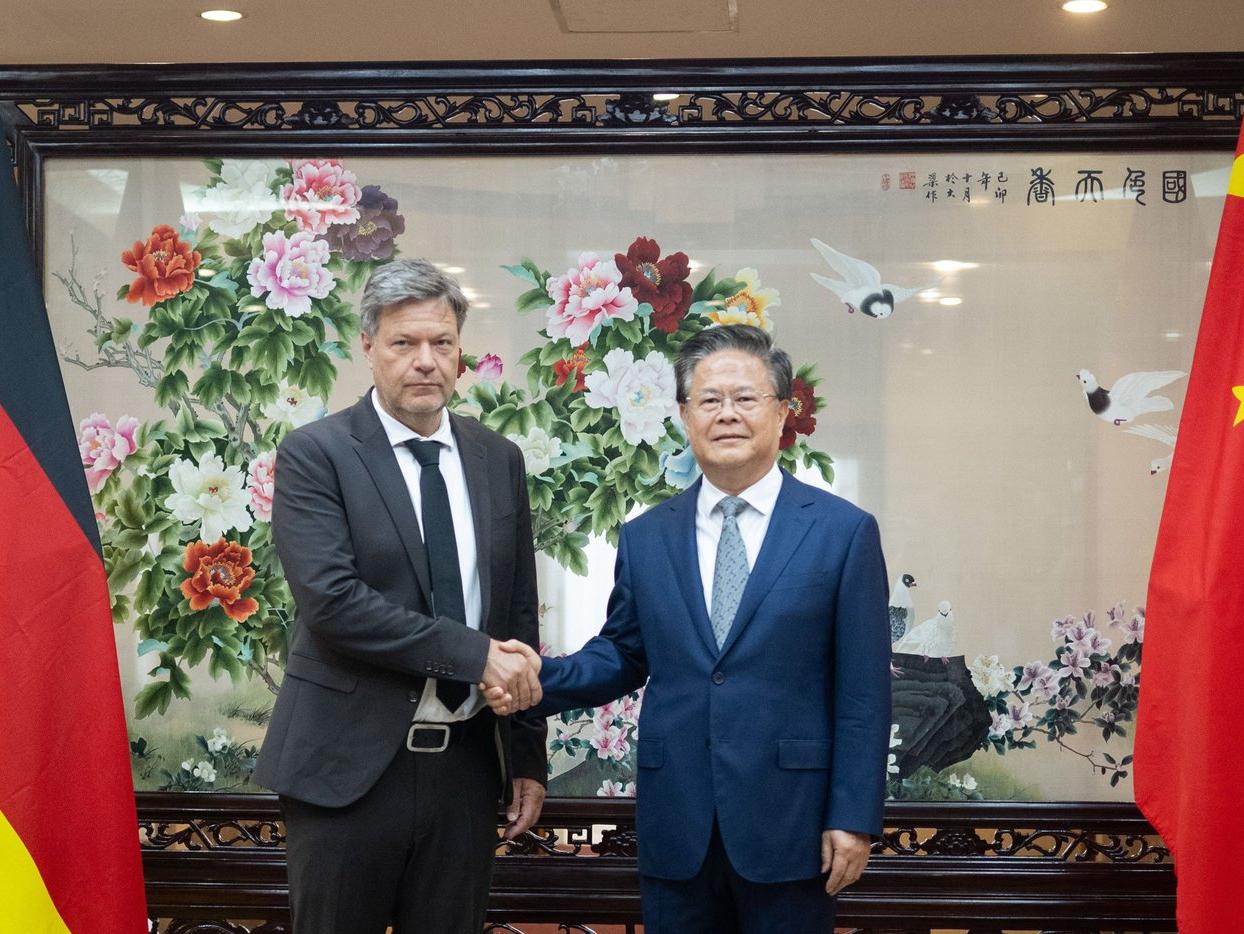In the wake of the Mexican presidential election, President Andrés Manuel López Obrador (AMLO) is steadfast in his pursuit of sweeping constitutional reforms, despite significant market unease and investor trepidation. These reforms, which include the direct election of judges and the dismantling of autonomous regulators, have prompted concerns about the stability of Mexico’s judicial system and the potential impact on the country’s investment climate .AMLO’s successor, Claudia Sheinbaum, has called for dialogue to assess the proposed changes, advocating for a measured approach to constitutional reform. Despite this, AMLO has dismissed any opposition, positioning justice as a higher priority than market interests, and vowing to press ahead with the reforms. The president’s determination to implement these changes has contributed to the peso’s decline and the Mexican stock market’s retreat.The upcoming meeting between AMLO and Sheinbaum on June 10 will focus on the transition process and the contentious reforms. As the final vote counts are revealed, the political landscape in Mexico remains charged with tension, with the opposition declaring resistance to defend democracy and prevent the ruling party from securing a two-thirds majority in Congress and the Senate. Amidst this political turmoil, the Mexican economy faces a critical juncture, with investors wary of the potential for sudden shifts in the country’s governance and legal framework.
Key points
- President AMLO is adamant about pushing through constitutional reforms despite market concerns and the cautious stance of President-elect Sheinbaum.
- AMLO and Sheinbaum will meet on June 10 to discuss the transition and the proposed reforms, which have led to a decline in the Mexican peso and stock market.
- The opposition is resisting the reforms, aiming to prevent a two-thirds majority in Congress that would enable the ruling party to enact changes without negotiation.



